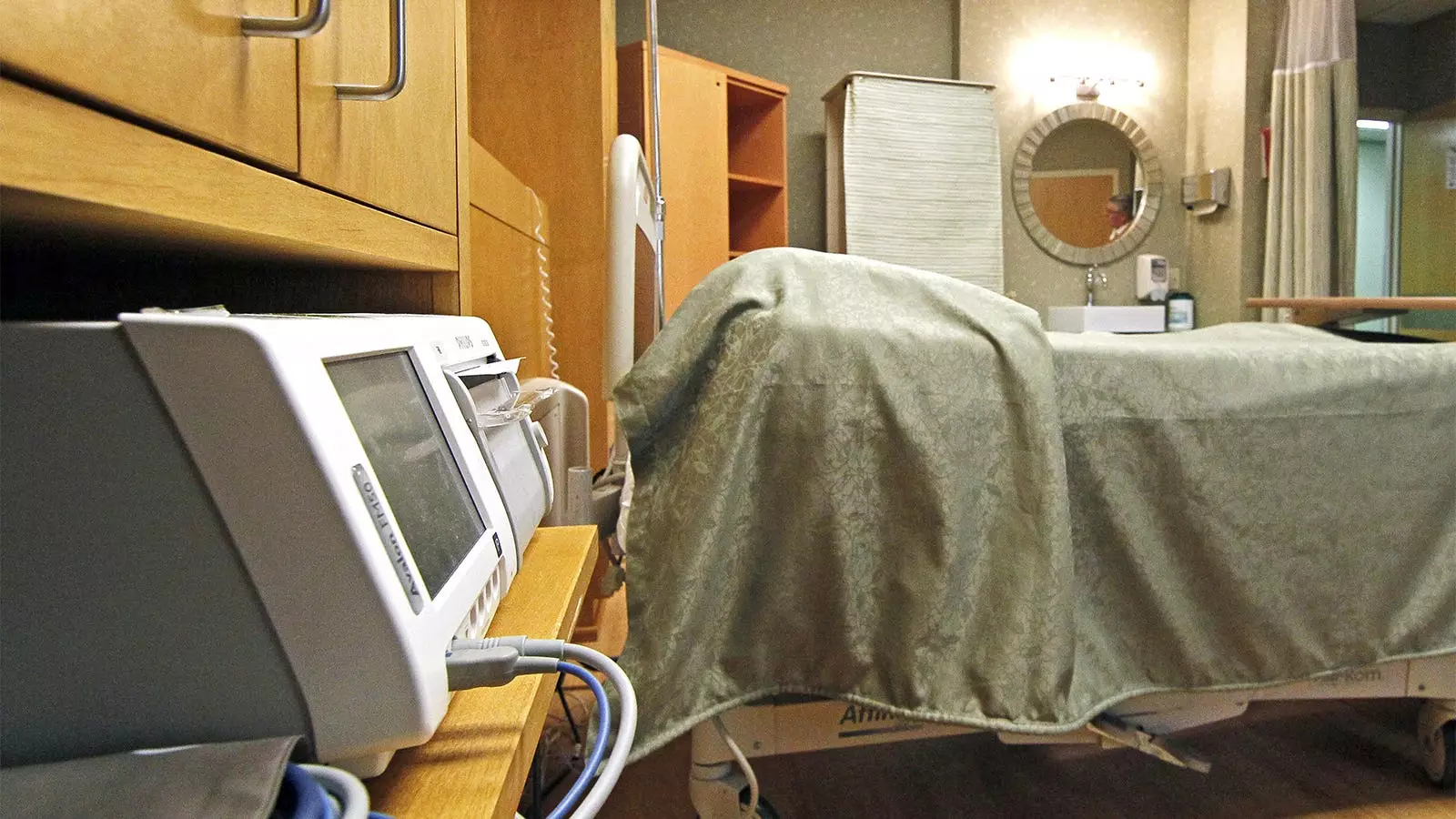The recent government data released by the CDC indicates a drop in pregnancy-related deaths in the United States, reaching levels similar to those seen before the COVID-19 pandemic. The data reveals that in 2022, 680 women died during pregnancy or shortly after childbirth, a significant decrease from the peak of 1,205 deaths recorded in 2021. Dr. Donna Hoyert, a researcher at the CDC, suggests that the primary reason for this improvement is linked to the impact of COVID-19 on pregnant women. The virus posed significant risks to expectant mothers, and during the height of the pandemic, overwhelmed healthcare providers may have inadvertently disregarded the concerns of pregnant women, amplifying the risks they faced.
Role of COVID-19 and Healthcare Provider Burnout
At the peak of the pandemic, the number of death certificates citing COVID-19 as a contributing factor to pregnancy-related deaths exceeded 400 in 2021. However, this number decreased drastically to fewer than 10 in 2022. This significant decline in COVID-related deaths points towards a positive trend in maternal health outcomes. Despite the challenges posed by the pandemic, with healthcare providers facing burnout and overwhelmed healthcare systems, there has been a notable improvement in addressing maternal mortality rates.
While the overall decline in pregnancy-related deaths is a positive development, racial disparities persist in maternal health outcomes. Black mothers continue to face a death rate more than two-and-a-half times higher than white and Hispanic mothers. This highlights the ongoing challenges in ensuring equitable access to quality maternal healthcare services for all women. Ashley Stoneburner, from the March of Dimes, emphasizes the need for sustained efforts to reduce maternal mortality rates and address the existing disparities in healthcare outcomes.
Several initiatives are underway to enhance maternal health and reduce the risks associated with pregnancy and childbirth. The March of Dimes has launched an educational campaign to encourage pregnant women at risk of preeclampsia to consider taking low-dose aspirin, which can help prevent complications for both the mother and the baby. Additionally, efforts to combat infections, manage blood loss, and provide comprehensive care for high-risk pregnancies are crucial in improving maternal health outcomes.
Challenges in Access to Maternal Healthcare
Despite progress in addressing maternal mortality rates, challenges such as the closure of rural hospitals and legal decisions impacting abortion rights have posed obstacles to accessing quality maternal healthcare services. The closure of healthcare facilities in underserved areas and restrictions on reproductive rights can hinder women’s ability to receive timely and adequate care during pregnancy and childbirth. Physician burnout, exacerbated by constraints on providing essential care during pregnancy-related emergencies, further complicates the landscape of maternal healthcare in the U.S.
While the decline in pregnancy-related deaths signals progress in improving maternal health outcomes, there are ongoing challenges that need to be addressed to ensure equitable access to quality healthcare for all expectant mothers. Sustained efforts to reduce disparities, enhance maternal care initiatives, and overcome barriers to accessing healthcare services are essential in advancing maternal health and well-being across diverse populations.


Leave a Reply